Troubleshooting Slurry Pump Issues: When and How to Replace Parts
Slurry pumps play a crucial role in various industries, handling abrasive materials and ensuring smooth operations. However, like any mechanical equipment, slurry pumps are prone to wear and tear. Recognizing the signs of issues and knowing when and how to replace parts is vital for maintaining optimal performance and preventing costly downtime.
Common Slurry Pump Issues:Understanding the common issues that slurry pumps face is the first step in effective troubleshooting. These can include decreased flow rates, increased vibrations, overheating, and reduced efficiency. Identifying these signs early can prevent more severe problems down the line.
Diagnosing the Problem:Before replacing any parts, a thorough diagnosis is necessary. Check for blockages, inspect impellers and liners for wear, and examine seals and bearings for leaks or damage. Understanding the root cause of the issue will guide your replacement strategy.
When to Replace Slurry Pump Parts:
Excessive Wear: If components like impellers, liners, or seals show signs of excessive wear, replacement is crucial. Worn parts can significantly impact pump efficiency.
Reduced Performance: When the pump's performance drops below the desired levels, it's a clear indicator that some components need replacement.
Leakage: Seals and gaskets are prone to wear, leading to leaks. Addressing this promptly prevents damage to internal components.
Vibration and Noise: Unusual vibrations or increased noise levels often indicate misalignment or damage in components, signaling the need for replacement.
Additional resources:
Maximize Welding Efficiency with Hard Face MIG Wire
Top 5 Hydraulic Control Valves Exporters: Everything You Need to Know
How long does seal king sealer take to dry?
Ultimate Guide: GG40 Butterfly Valve Explained
How to Choose the Best Pipe Threading Lathe?
Which 10 Best 1000 WOG CF8M Valves To Buy Now For Ultimate Savings?
Ultimate Guide to Blind Flanges: Types, Uses & Installation Tips
How to Replace Slurry Pump Parts:
Prepare the Work Area: Ensure a safe and accessible workspace. Shut down and lock out the pump to prevent accidental startup.
Disassemble the Pump: Carefully disassemble the pump, documenting each step. Take note of the orientation of parts for correct reassembly.
Inspect and Clean: Examine removed components for wear and clean thoroughly. Check for any damage that might have caused the issue.
Replace Worn Parts: Swap out worn impellers, liners, seals, or other damaged components with new ones designed for your pump model.
Reassemble the Pump: Follow the reverse order of disassembly, referring to documentation to ensure correct placement of parts.
Perform Tests: After reassembly, conduct tests to verify that the pump operates smoothly. Monitor for any unusual noises or vibrations.
Conclusion:Regular troubleshooting and timely replacement of worn parts are essential for maintaining the longevity and efficiency of slurry pumps. By understanding the signs of issues and following proper replacement procedures, operators can ensure reliable pump performance and minimize costly downtime.
What makes Double Row Cylindrical Bearings Essential?
Unlocking the Power of Proportional Solenoid Valves: Everything You Need to Know
Unlocking the Power of Elevator Links: A Guide
Revolutionizing home decor with U-channel rubber seal strip - unique DIY hack or overrated trend?
Best tips for choosing electromagnetic proportional valve?
Top 10 ideas for maximizing ROI with o-ring kit box purchase?
Roller bearing vs ball bearing for heavy machinery: Best choice for lasting durability?
256
0
0
Related Articles
-
DIY O Ring Kit: Create Custom Seals
Are you tired of constantly searching for the right-sized O rings for your projects?
162
0
0
-
160
0
0
-
182
0
0
-
187
0
0
-
192
0
0
-
Where do you use pipe sleeves?
Are you wondering where you can use pipe sleeves in your home or business?
203
0
0
-
218
0
0
-
What is the best pump for pumping sludge?
When it comes to pumping sludge, selecting the right pump is crucial.
188
0
0


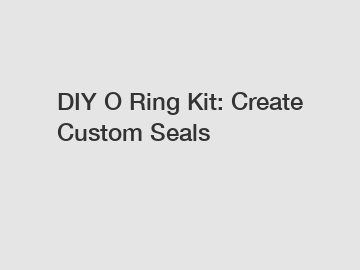



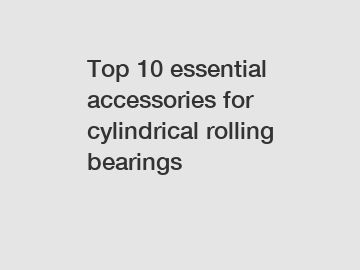
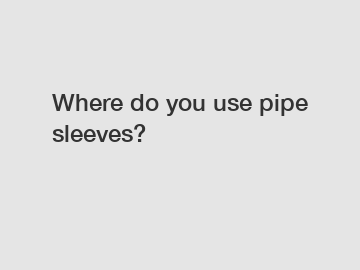
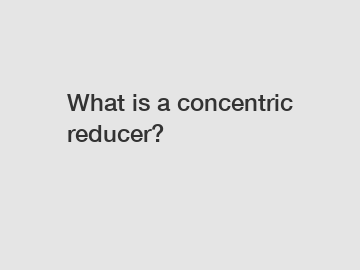
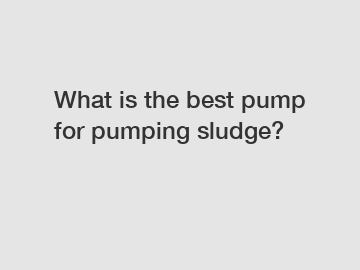
Comments
All Comments (0)